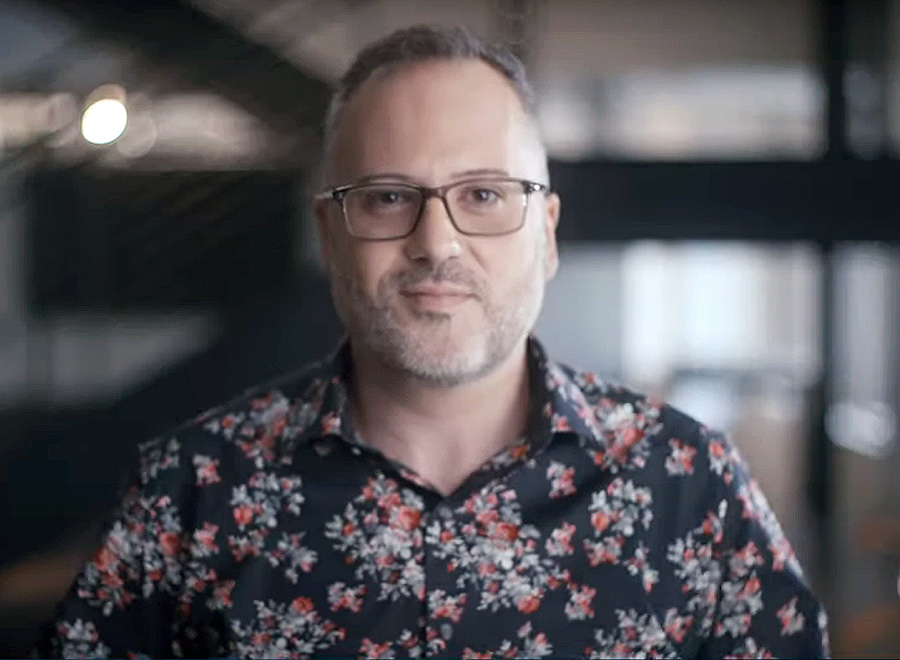
PVL Lawyers in Michigan
A full-term pregnancy lasts for about 40 weeks, give or take a week either way. Most pregnancies result in a happy, healthy baby, but some, unfortunately, face unexpected complications. One of those complications is periventricular leukomalacia or PVL.
Periventricular leukomalacia is a severe brain injury seen most frequently in the case of premature births, but also with newborn babies. When it develops, PVL can put these children at risk of a family of conditions known as cerebral palsy, as well as a range of other developmental disabilities and learning disorders.
PVL can sometimes be traced to mistakes in medical care during the birthing process or during the prenatal period. Experienced legal counsel from the attorneys at Goodman Acker P.C. of Detroit, Michigan, can help evaluate your situation to determine the best legal course of action.
Frequently Asked Questions
Periventricular leukomalacia is a neurological condition related to the damage or death of the brain’s “white matter,” which serves as a type of connecting tissue that moves electrical signals from one part of the brain to another or to other parts of the body. The death or damage of the white matter can interfere with those signals, causing difficulties in movement, coordination, and cognition.
The National Institutes of Health indicates that PVL results from a lack of oxygen or blood flow to the periventricular area of the brain. The ventricles are chambers surrounding the brain that contain cerebrospinal fluid. The lack of blood or oxygen causes tissue in those ventricles to soften, which can interfere with nerve signals and, subsequently, result in neuromuscular issues that may last a lifetime. Some medical sources cite other causes, such as bleeding inside the brain or a uterine infection. Periventricular leukomalacia can come about even when medical staff provides the best care according to standard protocols. Sometimes, though, mistakes in care can be tied to the development of PVL.
The experienced attorneys at Goodman Acker law firm of Detroit can help evaluate the circumstances of your case if you believe malpractice may be to blame. We can help advise you on gathering the proper evidence and make a professional assessment of what it shows. Some areas that may be most subject to review involve proper monitoring — before birth, of you and your fetus, after the birth of your baby. Monitoring of vital signs is an important factor to study as this will alert medical staff to the signals that require immediate intervention. The failure to order a C-section, or to pursue a C-section properly enough, should also be reviewed.
PVL is a condition that can present differently from child to child. Cases can be mild, sometimes showing no symptoms for several months after birth. According to the University of Rochester Medical Center, and other researchers, one of the most common symptoms is spastic diplegia, a form of cerebral palsy characterized by tightness in the muscles surrounding the hips and legs, manifested in problems with coordination. Other symptoms include abnormal eye movements, vision issues, and continuous developmental delays that get more severe as the child gets older. PVL occurs most commonly in premature babies, especially those born before 30 weeks, because of the fragile nature of their development. The condition can occur, however, in babies carried to full-term.
A highly cited research paper published in 2002 suggested that the prevalence of periventricular leukomalacia in prematurely born infants could be anywhere between 3 percent and 10 percent, and 3 percent to 4 percent for low birth-weight babies.
Identification of PVL will require a thorough physical exam. In addition, your child will also need either an MRI or ultrasound of the brain. The ultrasound is well suited to imaging the openings in the brain between the skull, where signals of PVL such as cysts may be developing. An ultrasound involves the transmission of sound waves through the brain, similar to the one you received during pregnancy, and does not cause any pain. The images created by these scans will allow doctors to assess the possibility your child is experiencing PVL.
There is no cure for periventricular leukomalacia, and there is no specific treatment protocol, according to the National Institutes of Health. Children with PVL receive services such as physical therapy, speech therapy, vision therapy, or occupational therapy depending on how the condition is affecting them. Keep in mind that PVL can have a range of severity. Some children will have mild symptoms, while others may face lifelong challenges. The effects of the disease are not progressive, however. Examining the circumstance behind the injury will help determine if you have a legal claim that will help offset the cost of that lifelong care.
PVL can lead a child to develop cerebral palsy. CP, though, is not a single condition; rather, it is a collection of neurological disorders that affect muscular development, coordination, and other motor skills. The three forms of CP include spastic hemiplegia/hemiparesis, which presents in one arm, hand, or leg; spastic diplegia/diparesis, which is generally concentrated in the legs; and spastic quadriplegia/quadriparesis, in which a child is profoundly disabled in both motor skills and language and intellectual development. It is important to understand the different forms of CP as part of evaluating whether you have a claim if you believe your child has suffered PVL.
If Your Child Suffers From Periventricular Leukomalacia
Having a child who suffers from the effects of birth injuries such as periventricular leukomalacia is emotionally and financially devastating for families as it requires lifelong care. If you find yourself asking difficult legal questions about your situation, the attorneys at Goodman Acker P.C., in Detroit, Michigan, are here to help. The issues involved are complex. Our team will draw on its combined 150 years of experience in personal injury cases to evaluate the facts and make an honest, clear-eyed assessment about the best course of action. Contact us today at 248-286-8100 to discuss the details of your case.



